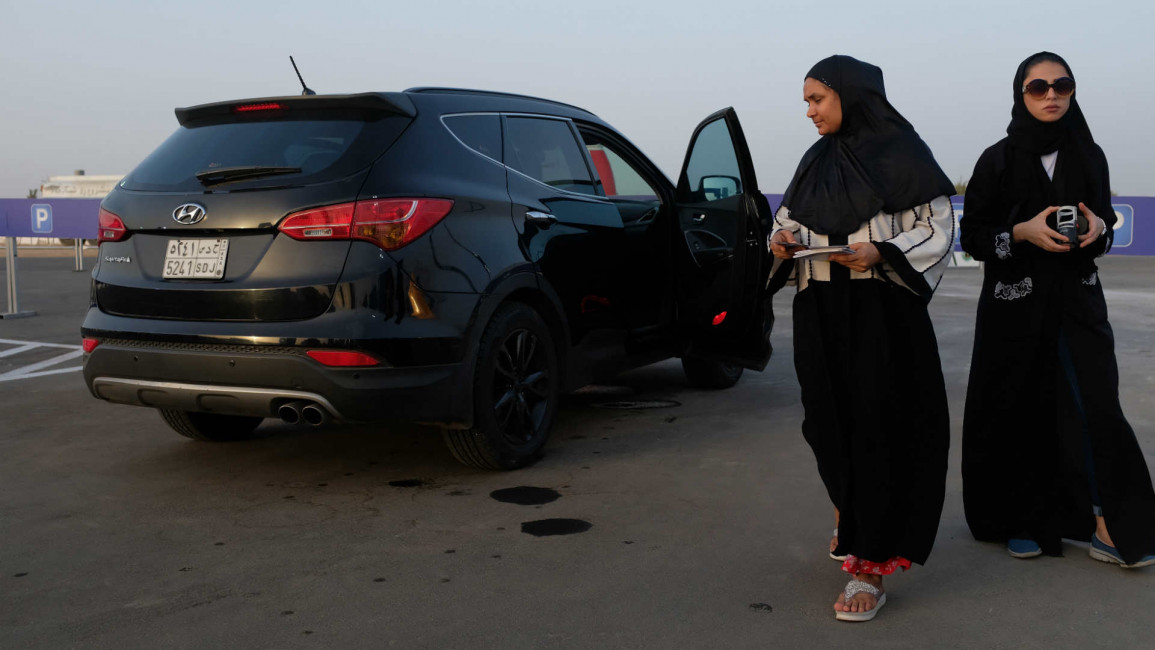Amnesty International urges Saudi Arabia to 'show it's serious' and release detained women's activists
In the wake of Saudi Arabia announcing new travel laws regarding women, Amnesty International has called on the country to "show the world it is truly serious about improving the rights of women" by releasing Saudi women's rights activists from prison.
An official Saudi gazette announced on Thursday that authorities had approved changes to laws governing travel, with women aged over-21 now allowed to obtain passports and travel abroad without the permission of a male guardian.
But rights groups have pointed to the ongoing detainment of several women's rights activists by Saudi authorities and called for their release in line with recent reforms.
"If Saudi Arabia wants to show the world it is truly serious about improving the rights of women, the authorities must drop all charges against the defenders of women's rights who have been crucial in pushing for these kinds of reforms through their activism," said said Lynn Maalouf, Amnesty International’s Middle East Research Director.
More than a dozen individuals are currently imprisoned for supporting the women’s rights movement, according to the rights group.
|
Among them is prominent rights activist Loujain al-Hathloul, who celebrated her thirtieth birthday behind bars on Wednesday.
Al-Hathloul is one of one of 11 women detained in May last year amid a wide sweeping crackdown on dissent. She had long campaigned for women's right to drive in the ultraconservative kingdom.
The recently announced changes follow a number of high-profile cases of Saudi women fleeing the kingdom and citing asylum abroad, citing domestic or human rights abuses.
Comment: Saudi women activists should be honoured, not imprisoned
The changes will see adjustments to the language of the law that dictates a woman's residence is with her husband, Saudi newspaper Okaz reported.
The changes announced Thursday also grant Saudi women what has long been a male entitlement - the right to officially register childbirth, marriage or divorce and to be recognised as a guardian to children who are minors.
But women will still require permission from a guardian to marry, be released from prison or leave a shelter where they have sought protection from domestic abuse, Amnesty International reported.
The rights group also pointed to the "torture, sexual abuse and other forms of ill-treatment" endured by the women's rights activists arrested last year.
Alongside a sweeping crackdown on dissent, Crown Prince Mohammed bin Salman's has spearheaded wide-ranging "liberalising reforms" aimed at transforming the conservative petro-state, long criticised for its treatment of women.
His reforms include the much-celebrated decision allowing women to drive in June last year, allowing women to attend soccer games alongside men and take on jobs that once fell outside the narrow confines of traditional gender roles.
Salman came under fire internationally after the murder of Saudi journalist Jamal Khashoggi at the kingdom's consulate in Istanbul in October.
This was reportedly done on the orders of Prince Muhammad, according to US and Turkish spy agencies.
Agencies contributed to this report.



